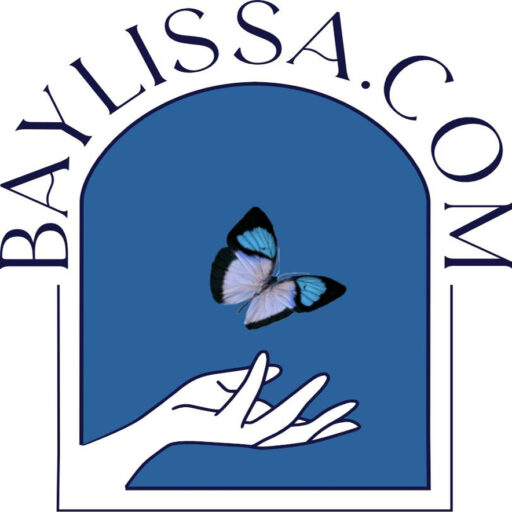Coping well with prescribed drug injury when it persists beyond the anticipated time and becomes a chronic condition can be an incredibly challenging experience, especially when not seeing improvements or feeling worse rather than better. No solace is found in the stories of those who had similar experiences and healed. Even when reassured that you will eventually get better, the daily grind of managing symptoms and the lack of visible progress can make it difficult to remain hopeful. In these times, blind faith can become a powerful coping mechanism, providing the strength and resilience needed to navigate through the toughest days.
Understanding Blind Faith
Blind faith is often misunderstood as a naïve or irrational belief. However, in the context of coping with chronic illness, it represents a deeply rooted trust in the process of healing and in the assurances received. It’s about holding on to the belief that the human body is self-healing, innately intelligent, and resilient, and that better days are ahead, even when there are no immediate signs of improvement. This type of faith isn’t about ignoring reality but embracing a mindset that focuses on eventual recovery despite current challenges.
The Psychological Strain
Coping with this healing process is not just physically taxing; it also takes a significant toll on every aspect of a person’s life. When there are no visible signs of progress, it’s easy to fall into a lose hope, lose faith, and doubt whether recovery is possible. This is where blind faith can play a crucial role.
The Role of Blind Faith in Healing
Maintaining Hope: Blind faith helps maintain hope, which is essential for mental and emotional well-being. Believing that you will heal, even when there is no evidence yet, keeps your spirits up and can prevent you from falling into despair.
Reducing Stress: Struggling against or resisting what is happening can increase anxiety and stress levels and exacerbate symptoms/signs of healing. By adopting a mindset of blind faith, you can reduce the negative impact stress would have on your daily experience. Trusting the process allows you to focus on the present moment rather than worrying about the future.
Encouraging Positive Behaviour: When you have faith in getting, you are more likely to engage in behaviours that support healing. This includes using beneficial coping resources, maintaining as healthy a lifestyle as possible, and reaching out for support when needed.
Building Resilience: Blind faith fosters resilience, helping you to bounce back from setbacks or the times when symptoms intensify and what is referred to a “wave” is experienced. It gives you the strength to endure difficult periods with the knowledge that they are temporary and part of the healing journey.
Practical Ways to Cultivate Blind Faith
Affirmations and Positive Self-Support: Speaking to yourself kindly, using daily affirmations to reinforce your belief in your healing process, visualizing yourself as completely healed, and repeating a narrative to yourself that is in alignment with healing. Phrases like “I am healing every day” or “My body is strong and capable” can shift your mindset and the idea of healing will begin to resonate more.
Mindfulness: Practices like mindfulness can help you to stay grounded in the present moment and reduce anxiety about the future. You will be able to observe what is happening without judgement, accept and allow whatever unfolds, and trust in the process.
Acknowledging Successes: Bookmark or print off success stories and anything that helps to reinforce the idea of healing from this. Remind yourself that the human body is always working to restore homeostatic equilibrium and that there will be eventual recovery.
Guidance: Engage with coaches and other professionals who can provide reassurance and evidence-based information about your prognosis. Their expertise can strengthen your faith in the process.
Spiritual Practices: For many, spirituality or religious practices can provide a sense of peace, acceptance, and trust in a higher power. Whether it is through prayer, meditation, or being part of a formal church or spiritual group where you can interact with other like-minded people, these activities can reinforce your blind faith.
Blind faith isn’t about ignoring the challenges you face daily. It is about trusting in the journey towards healing, even when the path is not clear. By maintaining hope, reducing stress, encouraging positive behaviour, and building resilience, blind faith can be a powerful tool in coping with prescribed drug injury. Remember, healing is a process, and sometimes the greatest progress happens when we least expect it. Hold on to your faith and know that better days are ahead.
With much compassion,


